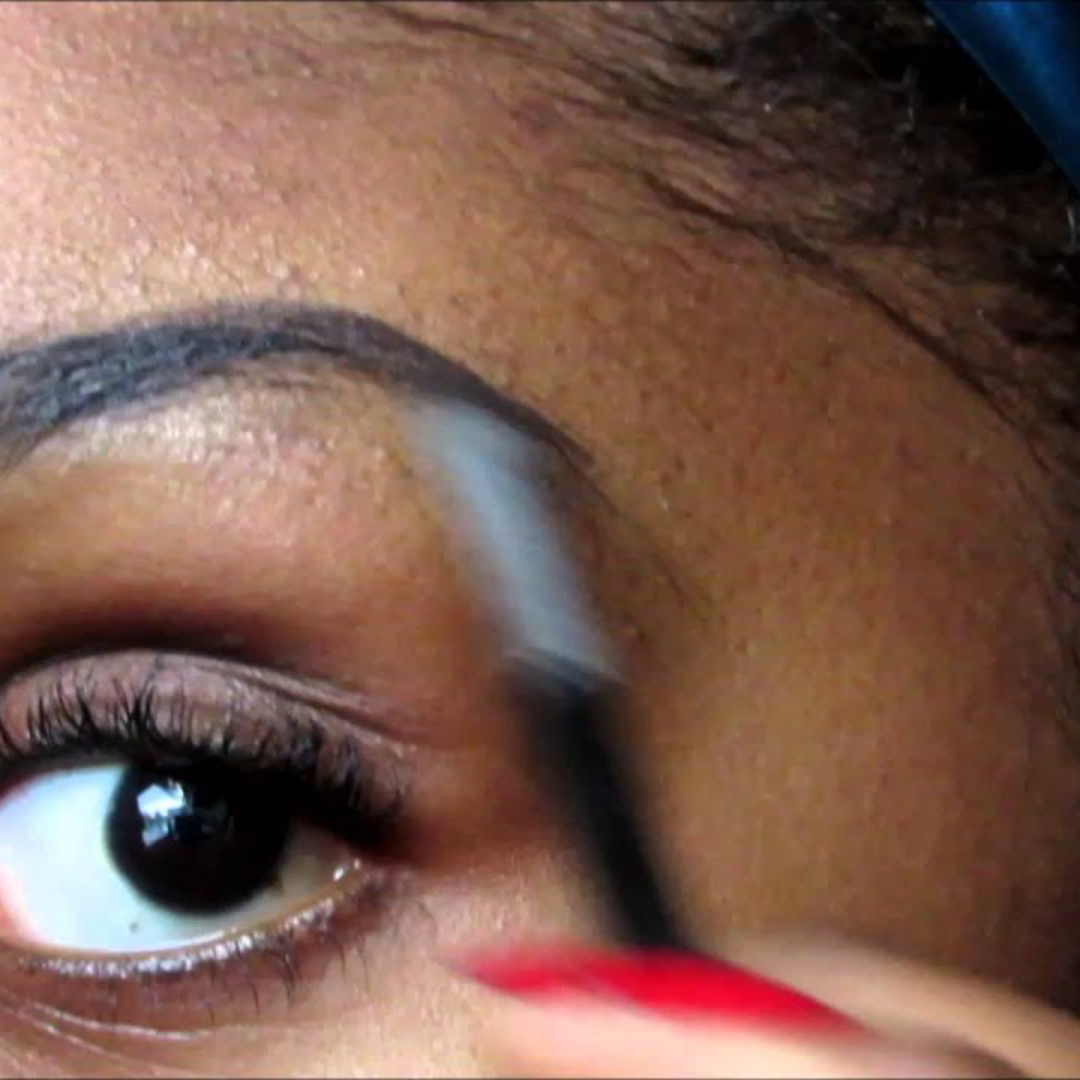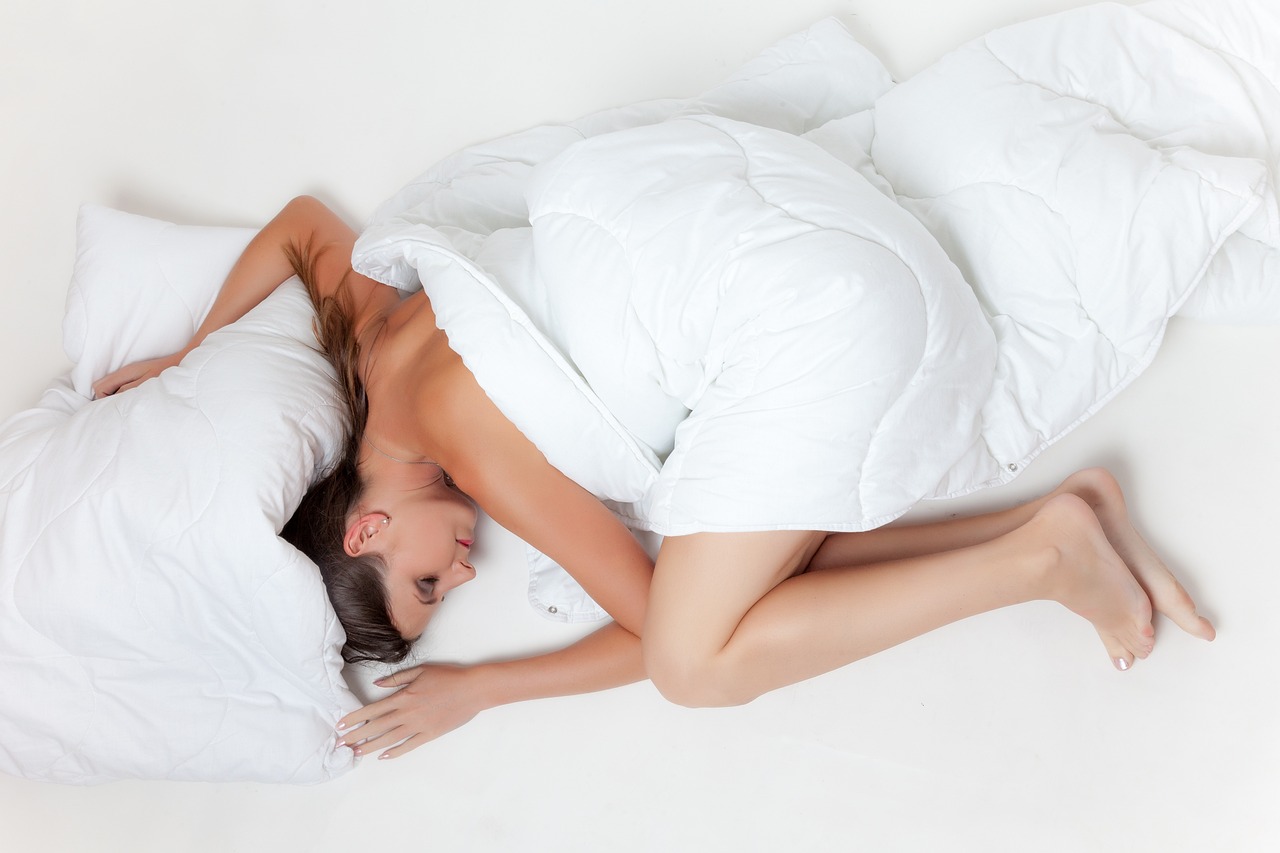Do you struggle to fall asleep or stay asleep at night? Do you toss and turn in bed, feeling restless and anxious? If so, you are not alone. According to the World Health Organization, about one-third of the world’s population suffers from some form of insomnia.
Insomnia can have many negative effects on your health and well-being, such as impairing your memory, concentration, mood, and immune system. It can also increase your risk of developing chronic diseases, such as diabetes, heart disease, and depression.
While there are many factors that can affect your sleep quality, such as stress, noise, light, and temperature, one of the most overlooked ones is your diet. What you eat and drink before bed can have a significant impact on how well you sleep.
Some foods and drinks can help you relax and fall asleep faster, while others can keep you awake and disrupt your sleep cycles. In this blog post, we will explore some of the best and worst foods and drinks for sleep, and provide some tips on how to optimize your diet for a better night’s rest.
The Best Foods and Drinks for Sleep
There are some foods and drinks that can promote better sleep by providing nutrients essential to sleep, such as melatonin, tryptophan, magnesium, calcium, and potassium. These nutrients can help regulate your circadian rhythm, which is your internal clock that tells you when to sleep and wake up. They can also help calm your nervous system, reduce inflammation, and lower your stress hormones.
Here are some of the best foods and drinks to have before bed to enhance your sleep quality:
- Almonds: Almonds are a type of tree nut with many health benefits. They are an excellent source of magnesium, which is a mineral that can help improve sleep quality, especially for those who have insomnia. Magnesium can help reduce inflammation and lower cortisol levels, which are both associated with poor sleep. Almonds also contain melatonin, which is a hormone that regulates your sleep-wake cycle. A handful of almonds before bed can help you fall asleep faster and sleep more deeply.
- Turkey: Turkey is a delicious and nutritious source of protein. It also contains tryptophan, which is an amino acid that can help induce sleepiness. Tryptophan is converted into serotonin and melatonin in your brain, which are both neurotransmitters that can help you relax and sleep better. A slice of turkey with some whole-grain bread or crackers can make a satisfying and sleep-friendly snack before bed.
- Kiwi: Kiwi is a small, oval-shaped fruit that is rich in vitamin C, potassium, and folate. It also has a high concentration of serotonin, which can help regulate your mood and sleep cycles. Some studies have found that eating kiwi before bed can improve your sleep onset, duration, and efficiency. Two kiwis one hour before bedtime can help you sleep better and longer.
- Tart cherries: Tart cherries have a distinct flavor from sweet cherries. They are also one of the few natural sources of melatonin, which can help you fall asleep faster and stay asleep longer. Tart cherries also have anti-inflammatory and antioxidant properties, which can help protect your cells from damage and reduce your risk of chronic diseases. A glass of tart cherry juice or a handful of dried tart cherries before bed can help you sleep more soundly.
- Milk: Milk is a staple drink that many people enjoy before bed. It contains calcium, which can help your muscles relax and prevent cramps. It also contains tryptophan, which can help you feel sleepy and calm. Milk also has a psychological effect, as it can remind you of your childhood and make you feel comforted and safe. A warm glass of milk with some honey or cinnamon can help you unwind and sleep better.
The Worst Foods and Drinks for Sleep
There are also some foods and drinks that can harm your sleep quality by stimulating your brain, disrupting your digestion, or causing discomfort. These foods and drinks can keep you awake, make you restless, or wake you up during the night. They can also affect your hormones, blood sugar, and body temperature, which can interfere with your sleep cycles.
Here are some of the worst foods and drinks to avoid before bed if you want to sleep well:
- Caffeine: Caffeine is a stimulant that can keep you alert and energized. It can also interfere with your melatonin production, which can delay your sleep onset and reduce your sleep quality. Caffeine can stay in your system for up to six hours, so you should avoid consuming it in the late afternoon or evening. This includes coffee, tea, energy drinks, chocolate, and some medications.
- Alcohol: Alcohol is a depressant that can make you feel relaxed and sleepy at first. However, it can also disrupt your sleep architecture, which is the pattern of your sleep stages. Alcohol can reduce the amount of deep and REM sleep you get, which are both important for your memory, learning, and emotional health. Alcohol can also cause dehydration, headaches, and frequent urination, which can interrupt your sleep and make you feel worse in the morning.
- Spicy foods: Spicy foods can add flavor and heat to your meals, but they can also cause heartburn and indigestion, especially if you eat them close to bedtime. Spicy foods can irritate your stomach and esophagus, which can make you feel uncomfortable and prevent you from falling asleep. They can also raise your body temperature, which can make you sweat and disrupt your sleep cycles. If you love spicy foods, you should eat them earlier in the day or limit the amount you consume before bed.
- Fatty foods: Fatty foods can be satisfying and delicious, but they can also take a long time to digest, which can keep your stomach working overtime and make you feel bloated and gassy. Fatty foods can also affect your hormone levels, such as leptin and ghrelin, which can influence your appetite and metabolism. Eating too much fat before bed can make you feel full and uncomfortable, and also increase your risk of weight gain and obesity, which can impair your sleep quality and health.
- Sugary foods: Sugary foods can give you a quick burst of energy, but they can also cause a rapid drop in your blood sugar, which can make you feel hungry, irritable, and restless. Sugary foods can also trigger cravings for more sweets, which can lead to overeating and weight gain. Eating too much sugar before bed can also affect your teeth and oral health, which can cause pain and infections. You should limit your intake of sugary foods, such as candy, cookies, cakes, and soda, and opt for healthier alternatives, such as fruits, nuts, and yogurt.
FAQs
Here are some frequently asked questions and answers about foods and sleep:
- Q: How long before bed should I eat?
- A: It depends on your personal preference and schedule, but generally, you should avoid eating anything within three hours of your bedtime. This can help prevent indigestion, heartburn, and acid reflux, which can interfere with your sleep. Eating too close to bedtime can also keep your metabolism and body temperature high, which can disrupt your sleep cycles. If you are hungry before bed, you can have a light snack, such as a banana, a handful of almonds, or a glass of milk, which can help you feel satisfied and sleepy.
- Q: What are some foods that can help me dream better?
- A: There is no definitive answer to this question, as different foods may affect different people in different ways. However, some foods that are known to influence your brain activity and neurotransmitters, such as serotonin and dopamine, may also affect your dreams. These foods include cheese, chocolate, eggs, peanut butter, and spicy foods. Some people may experience more vivid, colorful, or bizarre dreams after eating these foods, while others may not notice any difference. If you want to experiment with your dreams, you can try eating these foods before bed and see what happens.
- Q: Can I drink water before bed?
- A: Yes, you can drink water before bed, as long as you don’t drink too much. Water is essential for your health and hydration, and it can also help flush out toxins and waste from your body. However, drinking too much water before bed can make you feel bloated and increase your need to urinate, which can interrupt your sleep and make you feel tired in the morning. You should drink enough water throughout the day to stay hydrated, and limit your intake to one or two glasses before bed.
Conclusion
Your diet can have a significant impact on your sleep quality, so you should pay attention to what you eat and drink before bed. Some foods and drinks can help you relax and sleep better, while others can keep you awake and restless. By choosing the right foods and drinks, and avoiding the wrong ones, you can improve your sleep quality and enjoy the benefits of a good night’s rest. Sweet dreams!

 By
Beauty Adams
By
Beauty Adams




